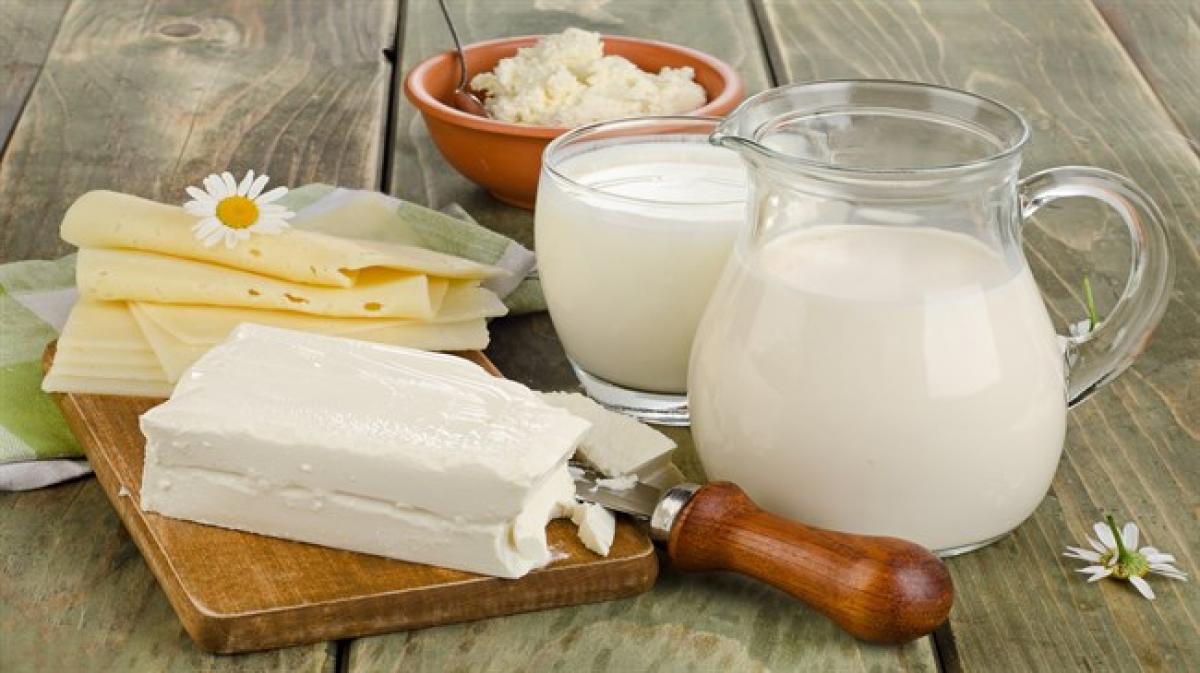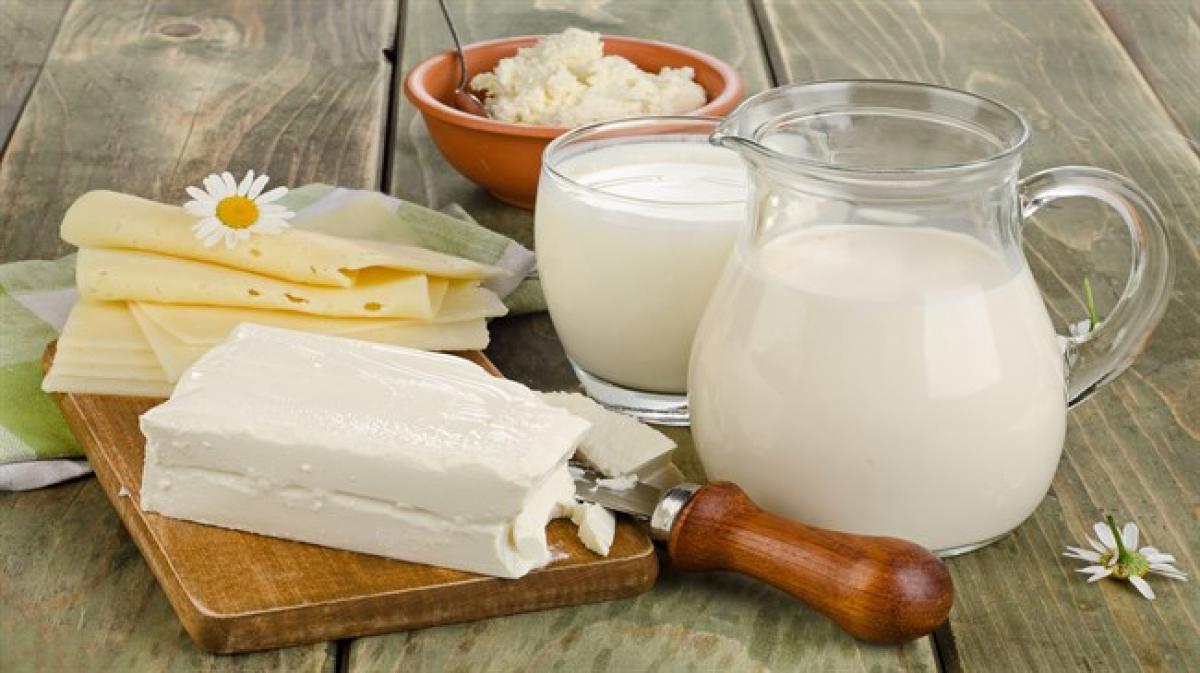Dairy products boost effectiveness of probiotics

A new study has revealed that dairy products boost effectiveness of probiotics.As per the University of California study, the success of probiotics for boosting human health may depend partly upon the food, beverage or other material carrying the probiotics.
A new study has revealed that dairy products boost effectiveness of probiotics.As per the University of California study, the success of probiotics for boosting human health may depend partly upon the food, beverage or other material carrying the probiotics.

Corresponding author Maria Marco said that the findings indicate that the manner in which a probiotic is delivered, whether in food or supplement form, could influence how effective that probiotic is in delivering the desired health benefits.
In the study, the researchers investigated the probiotic strain, Lactobacillus casei BL23 in a mouse model of colitis, or inflammation of the colon. The mice that ingested the probiotic in milk had reduced symptoms compared to those that were fed milk without the probiotic and the ones that received the probiotic within a nonfood supplement.
The investigators also took a census of the microbiota before and after ingestion of L. casei. This did not significantly alter the populations or diversity of the resident gut bacteria, suggesting that the benefits of the probiotic involve a direct effect of L. casei or of a metabolic product of these bacteria upon the intestinal epithelium, rather than a global alteration of the indigenous intestinal microbiota, added Marco.
Strains of L. casei are commonly added to dairy products as probiotics and while strain BL23 is not commercially available, it is genetically similar to commercial strains and has also been studied for its capacity to prevent or reduce intestinal inflammation, she noted.
According to the researchers, dairy products are the most popular food matrices for probiotic strains.
The study is published in Applied and Environmental Microbiology.
Next Story














